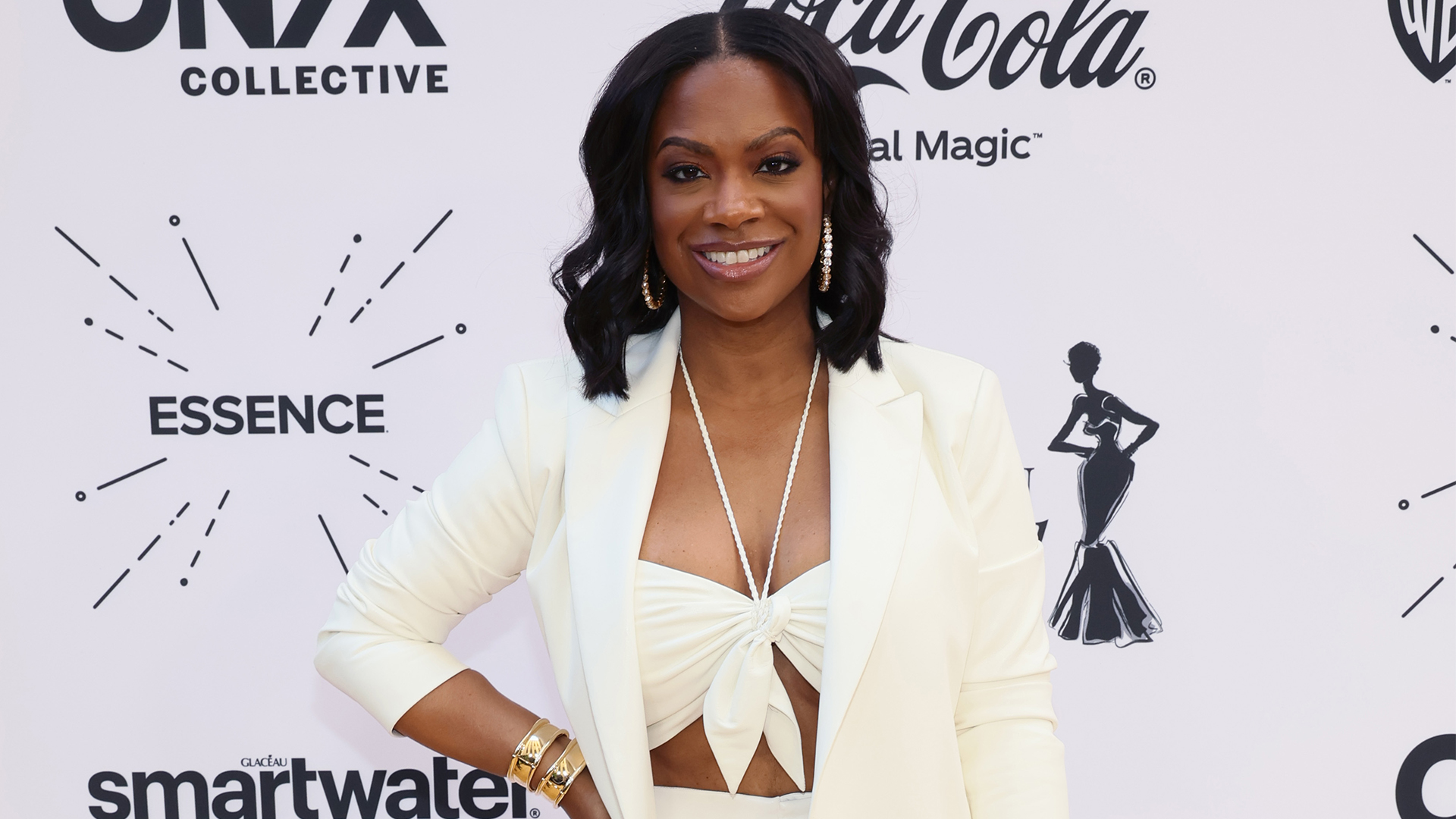Much of the discourse over the last few days has been about what kind of protecting Black women should or should not have, who it should come from and when it’s allowed to happen. Many people are struggling to understand the depths of the pain many Black women carry as a result of unrealistic beauty standards, deeply rooted and untreated trauma as well as the never-ending need to be a pillar of strength for the people around us. Without a safe space to land in our most intimate relationships, we often are made to feel unworthy of true love and consideration. We are the least likely to be properly diagnosed for things like anxiety, depression and other mental health issues that would call for us to be handled more delicately. In the absence of empathy, Black women are left to carry our heaviest burdens alone and the communities we often pour into can fail to pour back into us. Recently, artists like rapper Chika as well as singer and RHOA star Kandi Burruss have discussed their struggles with suicidal ideation, with the former expressing troubling sentiments surrounding another attempt.
Even before the slap heard round the world, the internet was pretty mum about both Chika and Kandi’s stories. Chika’s story even seemed more pressing as the viral sensation spoke at length abut having a two-hour panic attack and simply needing relief from the constant pressure, verbal abuse and boundaries she faces as both a plus-size and darker skinned Black woman. The rapper posted what many worried was a suicide note on her IG and expressed her desire to find another means to harm herself after opting to not jump from her hotel roof. Though there were some supportive words sent her way, one could not help but notice how many discounted her very clear cries for support and understanding other struggle with depression. Some went as far as to accuse her of using the moment as a marketing scheme.
im not trying to be mean or shit on the people who are concerned but nobody understands how i am feeling. there is little solace in the words being sent my way. i just want to go.
— SNEAKY CHIKA 🌪 (@oranicuhh) March 28, 2022
Kandi Burruss recently sat down with the women of the daytime talk show “The Real” and shared that she thought about ending her life when she was as young as 13. The conversation that started as one geared towards helping people push through hard times amongst a constant onslaught of bad news, personal losses and a general feeling that things are not getting better, became one in which Burruss found herself being courageously transparent. “It seems like people have really gotten to a place where it just feels like everything is against you, and a lot of people have been giving up,” the 45-year-old actress said as she reflected on her observation over the last year. “For me, I was at that moment at a young age. I know that’s going to sound crazy, but when I was in middle school, I thought about taking my own life.” The former Xscape member shared that she didn’t like talking about it “because it’s very emotional for me” before explaining, “I’m only saying this because I know many people are dealing with that right now. I was feeling like that. I really wanted to go through the motions.” Kandi said her mother Joyce Jones had a gun at the time, “and you know you’re a kid you go through their stuff, so I knew where she kept it, and I had plans to use it,” she continued. “But, for whatever reason God made her put it somewhere else because it wasn’t where she normally kept it.”
Both women have further discussed their experiences by way of social media and, if their comments are indication, are not alone in sometimes crumbling under the weight of existing as both Black and woman. Though we are able to push through and achieve, we are still so far away from the softness that should be or birthright. We are still so far away from being seen as feminine and delicate beings who need to be protected. We are not allowed to exist in tenderness because our tender parts are often met with brutality—-emotional, physical, mental as well as systemic. So much so, that even when we have the courage to ask for help, it often ends up being completely up to us to dig ourselves out of a hole that we didn’t dig in the first place. We can not be the cause and cure—-the very weight of that is killing us.
